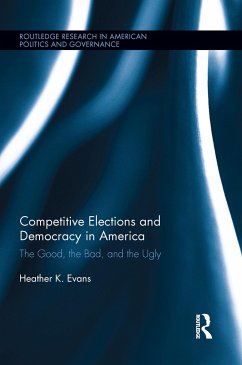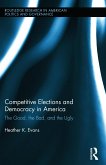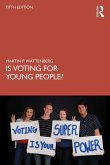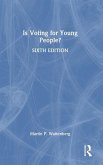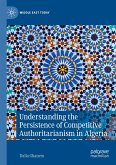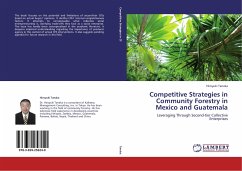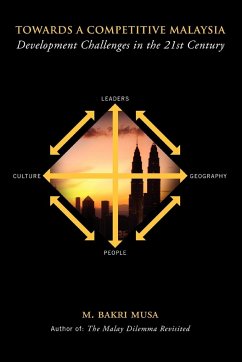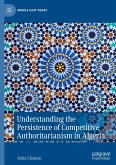Competition seems to be an inevitable part of present-day elections in the United States. However, recent publications have debated whether we should encourage or discourage competitive elections. In Competitive Elections and Democracy in America, Heather Evans closely examines the debate over competition in elections and questions whether or not they are beneficial for democracy in the US. Evans clearly lays out the basis of the debate over competition and defines what exactly constitutes a competitive election. She then uses an innovative data set that she assembled to analyze the 2006-2010 congressional elections, testing whether the competitiveness of an election affects citizens' political knowledge, political interest, and opinions of Congress, their representatives, and the governmental system as a whole. She subsequently evaluates the positive effects that competitive elections have on constituencies, and in turn gives equal weight to the negative effects. An examination of the effects "ugly" campaigns have on voters is also incorporated, relevant to today's oft-used "mud-slinging" campaign tactics. Evans concludes with a thoughtful and analytical assessment of whether competition is valuable for elections, and how to increase competition if it indeed has merit for political campaigns. Through the book's analyses, Evans demonstrates that competitive elections do have lasting effects on voters that go beyond just the length of a campaign. Her research reinforces the vital role that political competition plays in modern democracies, and offers a careful evaluation of how and why competitive elections affect citizens in the US.
Hinweis: Dieser Artikel kann nur an eine deutsche Lieferadresse ausgeliefert werden.
Hinweis: Dieser Artikel kann nur an eine deutsche Lieferadresse ausgeliefert werden.

